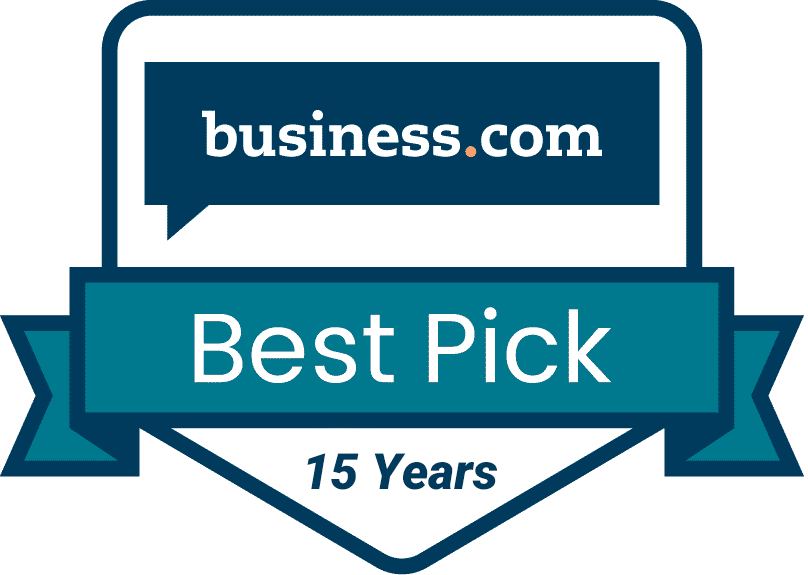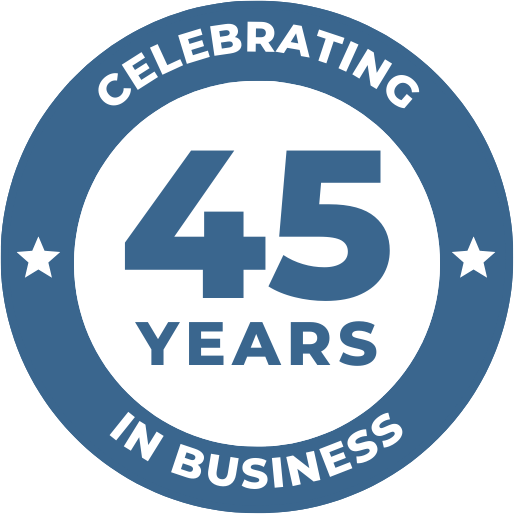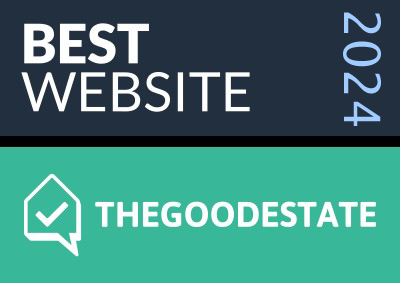
Business Loan Terminology 101
Whether you’ve got a proven track record, or you’re in the early stages of a new startup company, getting financing for your small business can be intimidating and a little confusing. Having a thorough understanding of business loan terminology can make the process a little less overwhelming. Here are some basic terms you need to understand when applying for business financing.
Line of Credit
A business line of credit is similar in some ways to a business loan, except you only pay interest on the money you actually use. So a line of credit is essentially a safety net. The funds are there if you need them, but you’re not required to use them if you don’t need to.
While lines of credit can be useful in the event of an unexpected business expense or a sudden downturn in business, keep in mind that they typically require you to put up collateral and often have high interest rates unless you have a stellar credit score, which takes us to our next lending term – the credit score.
Credit Score
Your business credit score is one of the primary factors banks consider when deciding whether to grant a loan application. It can range from 0 to 100 and reflects your creditworthiness. It also has a significant influence on the size of the loan you qualify for, as well as the interest you’ll be required to pay. But establishing your business credit score can take years.
You know the importance of having a strong personal credit score, but do you know your business credit score? Unlike your personal credit, the business credit score ranges from 0 to 100. Your business credit score helps lenders analyze your business’s creditworthiness and determine the kind of loans you can qualify for, along with the interest rates and terms associated with those loan products.
SBA Business Loans
The Small Business Administration (SBA) partially guarantees loans to small businesses for a variety of uses. There are three types of SBA loans and they include the SBA 7(a), SBA 540 and SBA Express loans.
SBA business loans offer fixed and variable interest rates and have repayment terms of up to 25 years. These loans can also help improve your business credit score which can make getting traditional bank loans easier and less expensive.
While SBA loans are usually easier to get than traditional bank loans, they also require more documentation and take longer to fund.
Accounts Receivable Factoring
More and more businesses are turning to accounts receivable factoring, also known as “AR factoring” “factoring” and “invoice factoring” to meet their immediate cash flow needs. Unlike traditional bank loans and SBA loans, factoring loans aren’t contingent on the creditworthiness of your business – but that of your customers.
Accounts receivable factoring is a process in which you basically sell your invoices to the factoring company at a discount and the factoring company takes care of the collections process.
Factoring funds can be used for any purpose, and approval times are significantly faster (often in just 24 hours) than a traditional bank or SBA business loan. Other benefits include, no long-term contracts and no negative impact on your credit.
Term Loans
A term loan is a single transaction that must be paid back over a specific period or time; typically, 12 to 60 months. Term loans are usually taken out to purchase new equipment, expand the business or make capital improvements. Some term loans require that you put up collateral and provide the lending institution with detailed documentation including a Profit and Loss (P&L) statement and in some cases business and personal tax returns.
Equipment loans
Whether you own a large tech company or a small landscaping company you must replace and upgrade your equipment from time to time in order to stay competitive. This is where equipment loans can help. This type of business loan is usually easier to get than some other types of loans and the increased revenue you generate by having the new equipment can actually allow you to pay off the loan early. One potential downside of equipment loans is that they limit how the loan proceeds can be used.
I hope you found this information helpful. Are you still unsure which type of business loan is right for your particular situation? Give us a call at 1-800-297-6652 to learn more about our invoice factoring solutions for small to mid-sized businesses.







